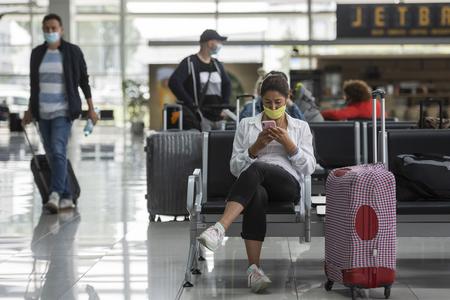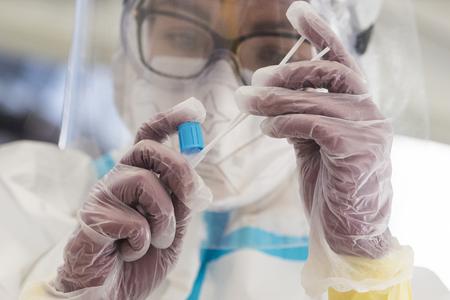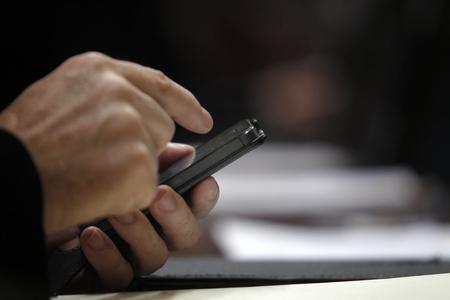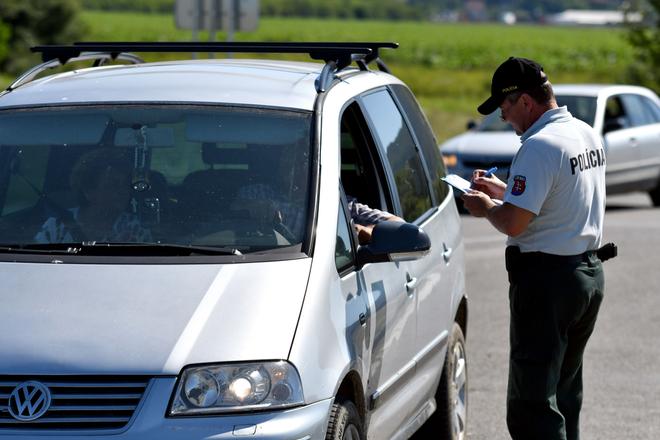Our paywall policy:
The Slovak Spectator has decided to make all the articles on the special measures, statistics and basic information about the coronavirus available to everyone. If you appreciate our work and would like to support good journalism, please buy our subscription. We believe this is an issue where accurate and fact-based information is important for people to cope.
A fine of up to €5,000 rather than the current €1,650 will be imposed on those who fail to report to public health authorities and doctors after their arrival from at-risk countries and disregard the required five-days home isolation followed by a coronavirus test.
The government discussed new measures that should prevent the spread of the coronavirus because of the growing number of infected people, the Sme daily reported.
The rate of newly-reported coronavirus infections has been in the two-digit numbers since the beginning of July, the exception being last weekend when only three people tested positive.

The higher penalties, approved by the cabinet on Monday and pending a green light from the parliament, are part of the proposal that also allows state access to mobile phone numbers of people who returned to Slovakia from abroad.
Based on the proposed legislation, the public health authorities will be able to interfere with the privacy of individuals in the emergency state or situation, which has been valid in Slovakia since half of March.
Text messages from the state
People returning from abroad should be getting a text message to remind them about the obligation to enter home isolation upon return. At first, all home-comers should receive it, later only those who return from "red countries".
The law also admits the possibility of stricter punishments, said state secretary of Foreign Affairs Ministry Martin Klus.

“We can imagine that if someone comes from an at-risk country infects their own mother who ends up on lung ventilation, and it is not shown in the media enough, such a person could end up also in prison because this was a public threat,” Klus noted.
It will be up to the Public Health Authority (ÚVZ) to decide how retroactively they will look when inspecting the data. Transport Minister Andrej Doležal (Sme Rodina) noted that it may be as many as six weeks.
Hygienists will compare contacts
Hygienists should not get such information as to the names of users or their destination. ÚVZ would be obliged to delete the data every 60 days.
They will compare their own list of contacts from people who reported themselves after arriving from risk countries at the regional office of the public health authority.

Numbers that will be not on the second list will belong to people who did not fulfil their duty and did not report their return. Hygienists will call these numbers, and if the person does not cooperate, they can pass their phone number on to the police. The owner of the number will then face a fine of up to €5,000.
Minister Doležal admitted that people may avoid the system. If someone turns off their phone before leaving abroad, hygienists will have no way of proving where the person was.
People living in cross-border regions might also encounter complications, if the country they live next to is recognised as an at-risk country. If their phone accidentally joins the foreign network even without their travelling abroad, the person will need to prove they have not left Slovakia.



 Police counting how many people cross Slovak borders on July 10. (source: TASR)
Police counting how many people cross Slovak borders on July 10. (source: TASR)